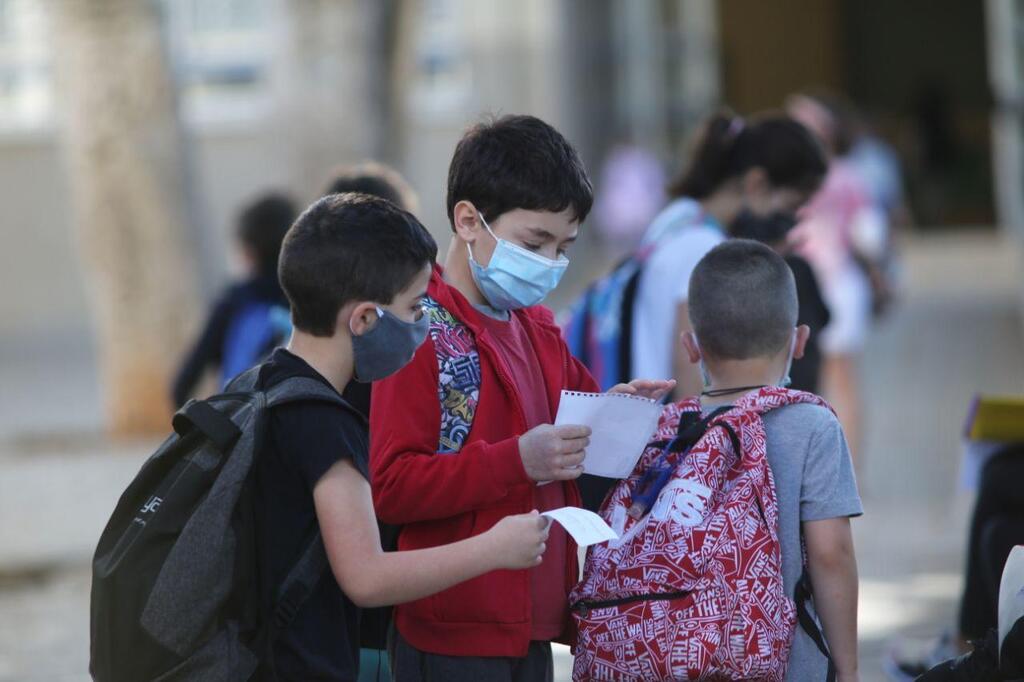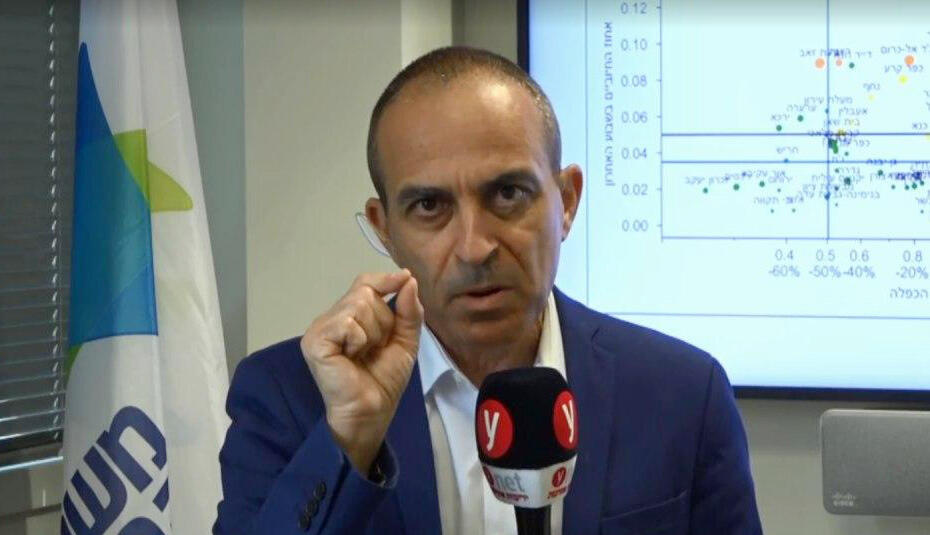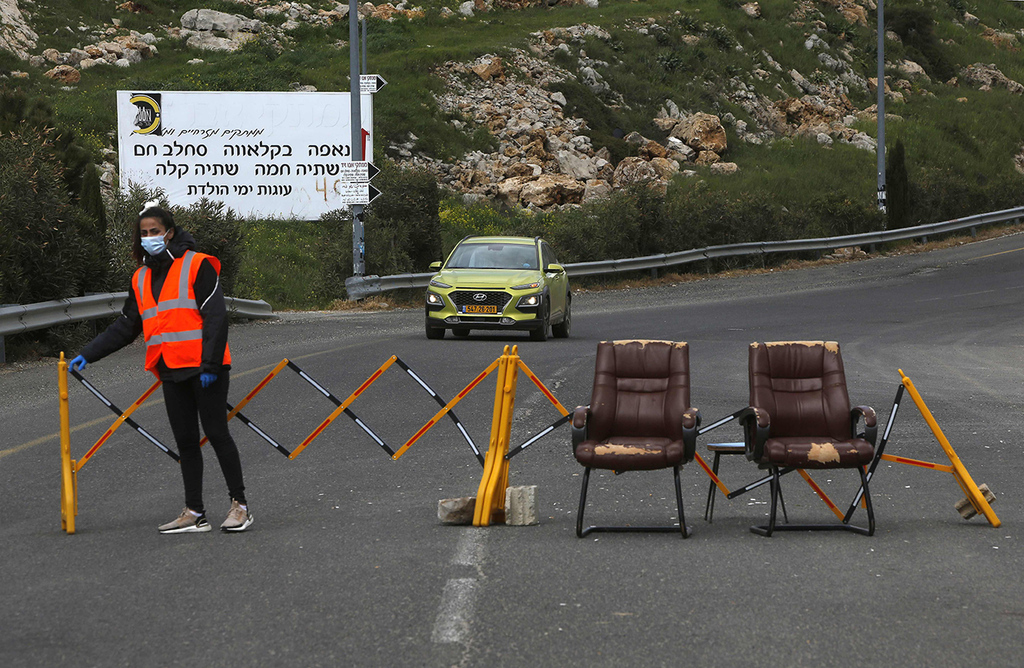Prime Minister Benjamin Netanyahu on Sunday ruled out recommendations to place first and second grade students in small capsules in schools, saying the country could not afford the cost of dividing classes into smaller numbers.
Instead, classes will be split into two groups and each group will only physically attend school for half of the week.
"We have come to the conclusion that there is no way to finance the capsules; it [costs] NIS 6 billion," Netanyahu told members of the coronavirus cabinet meeting Sunday afternoon to discuss further steps to take Israel out of lockdown, including reopening schools further for younger students.
"We held a preliminary discussion to focus on the issue and tasked the finance minister and health minister to reach an agreed outline," the prime minister said.
According to the original proposal devised by coronavirus czar Prof. Ronni Gamzu and the Health Ministry, the next steps to be implemented - subject to data on infection rates - will include the resumption of studies in grades 1-4, the reopening of hair and beauty salons and the resumption of complementary medicine treatments.
Gamzu said ahead of the cabinet discussion that children from first grade upwards should be placed in capsules (which was rejected by Netanyahu), in addition to regular social distancing in schools and on buses, as well as making masks compulsory for all students and teaching staff, and conducting screening tests.
The Education Ministry recently expressed support for the Health Ministry plan, but said it would cost NIS 5.3 billion and would require at least give weeks of preparation and the recruitment of 13,000 workers.
Health Minister Yuli Edelstein, meanwhile, warned the cabinet against being slow to make a decision on the issue.
"If we have a meeting without making decisions, we will create the public impression that we do not know how to make decisions," Edelstein said.
"The public wants to know whether their children will or will not be able to go to school on Sunday."
Gamzo: Target danger zones early
The coronavirus czar focused on the debate on the scope of testing, something he has repeatedly done recently.
"We want to get to a further decline, to reach an average of 2% for positive tests," Gamzu said.
"We have around 550 seriously ill patients, that's the number that raised the red flag last time," he added, referring to the soaring infection rate that led Israel to its second lockdown.
"Our new metric is cities flashing a danger light - we're tracking this and seeing how it works."
Gamzu also suggested a local closure on the northern town of Majdal Shams, where there has been an increase in the morbidity level.
"We will pounce on these cities to try to pull them back and stop their lights flashing," he said.





